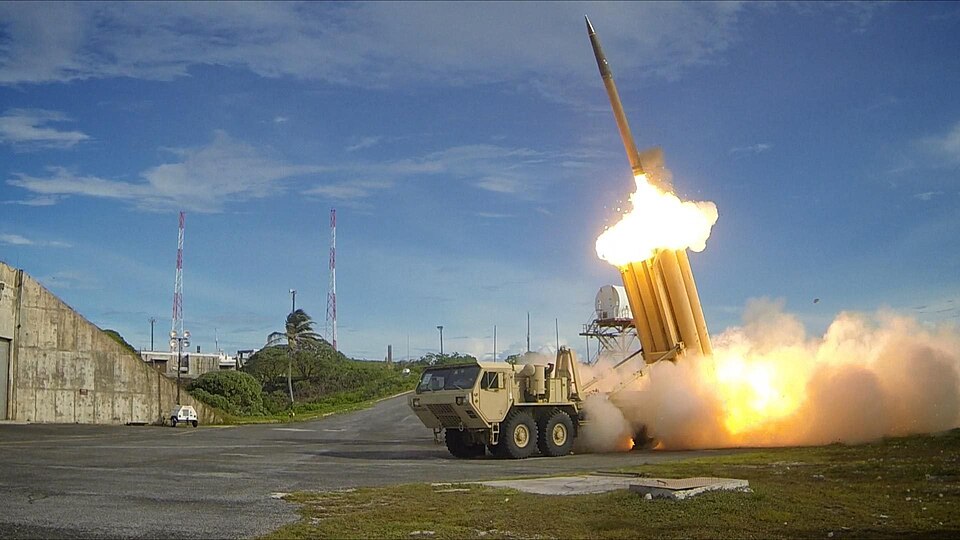
Nuclear defense in a tripolar world would be complex and expensive. For this reason, the United States, Russia, and China could still have a shared interest in arms control agreements.
The New START arms control treaty between the United States and Russia is scheduled to expire in February 2026, unless it is extended by mutual agreement. Conventional wisdom is that a revived agreement is dead on arrival, mired in Russian disagreements with the United States and NATO over the war in Ukraine. The following discussion argues for a more optimistic outlook. A post-New START agreement that includes three instead of two nuclear superpowers is not impossible, although it will be technologically and politically challenging.
A future strategic nuclear arms control regime must satisfy the criteria of strategic stability. These criteria include deterrence stability, crisis stability, and arms race stability. Deterrence stability means that each of the three nuclear superpowers (the United States, Russia, and China) must have forces sufficiently large, diverse, and competent enough to survive any conceivable nuclear first strike and retaliate, inflicting unacceptable damage on the attacker.
Crisis stability implies that policymakers are disinclined to choose preemption over retaliation during a military confrontation and are fully in control of their diplomatic outreach and military operations. Both deterrence and crisis stability are also based on the timely availability of accurate intelligence about other states’ strategic thinking and operational maneuvers, especially with regard to indicators of possible attack.
The third component, arms race stability, emphasizes the preferential deployment of weapons and technologies that are well understood by all sides and are not potential game changers with respect to the vulnerabilities of other states. In this regard, the trajectory of future versions of drones, hypersonic weapons, artificial intelligence, and missile defenses must be subjected to cooperative management among the great powers.
Nuclear defense in a tripolar world would be complex and expensive. For this reason, the United States, Russia, and China could still have a shared interest in arms control agreements.
The New START arms control treaty between the United States and Russia is scheduled to expire in February 2026, unless it is extended by mutual agreement. Conventional wisdom is that a revived agreement is dead on arrival, mired in Russian disagreements with the United States and NATO over the war in Ukraine. The following discussion argues for a more optimistic outlook. A post-New START agreement that includes three instead of two nuclear superpowers is not impossible, although it will be technologically and politically challenging.
A future strategic nuclear arms control regime must satisfy the criteria of strategic stability. These criteria include deterrence stability, crisis stability, and arms race stability. Deterrence stability means that each of the three nuclear superpowers (the United States, Russia, and China) must have forces sufficiently large, diverse, and competent enough to survive any conceivable nuclear first strike and retaliate, inflicting unacceptable damage on the attacker.
Crisis stability implies that policymakers are disinclined to choose preemption over retaliation during a military confrontation and are fully in control of their diplomatic outreach and military operations. Both deterrence and crisis stability are also based on the timely availability of accurate intelligence about other states’ strategic thinking and operational maneuvers, especially with regard to indicators of possible attack.
The third component, arms race stability, emphasizes the preferential deployment of weapons and technologies that are well understood by all sides and are not potential game changers with respect to the vulnerabilities of other states. In this regard, the trajectory of future versions of drones, hypersonic weapons, artificial intelligence, and missile defenses must be subjected to cooperative management among the great powers.
Source:https://nationalinterest.org/feature/is-there-still-hope-for-nuclear-arms-control


